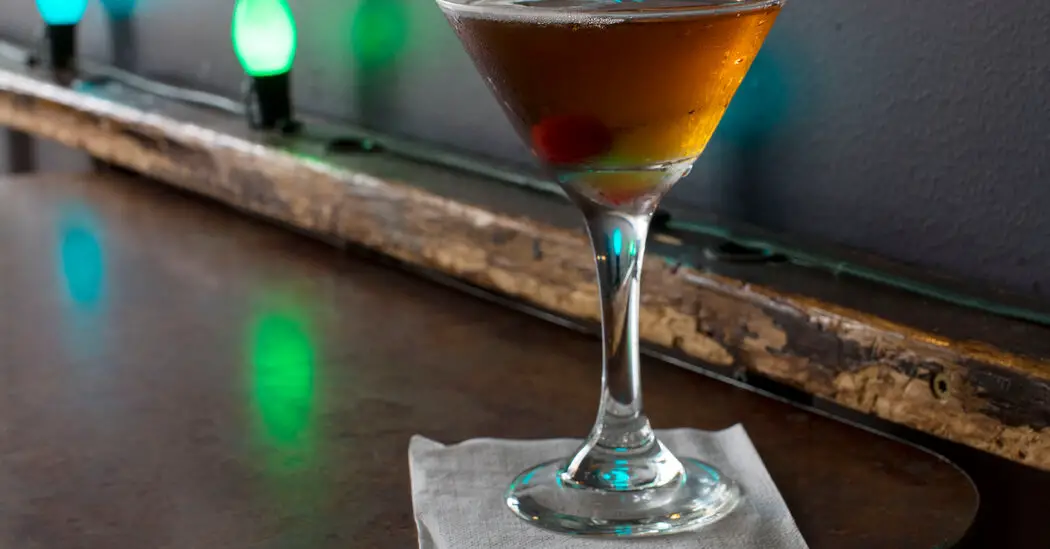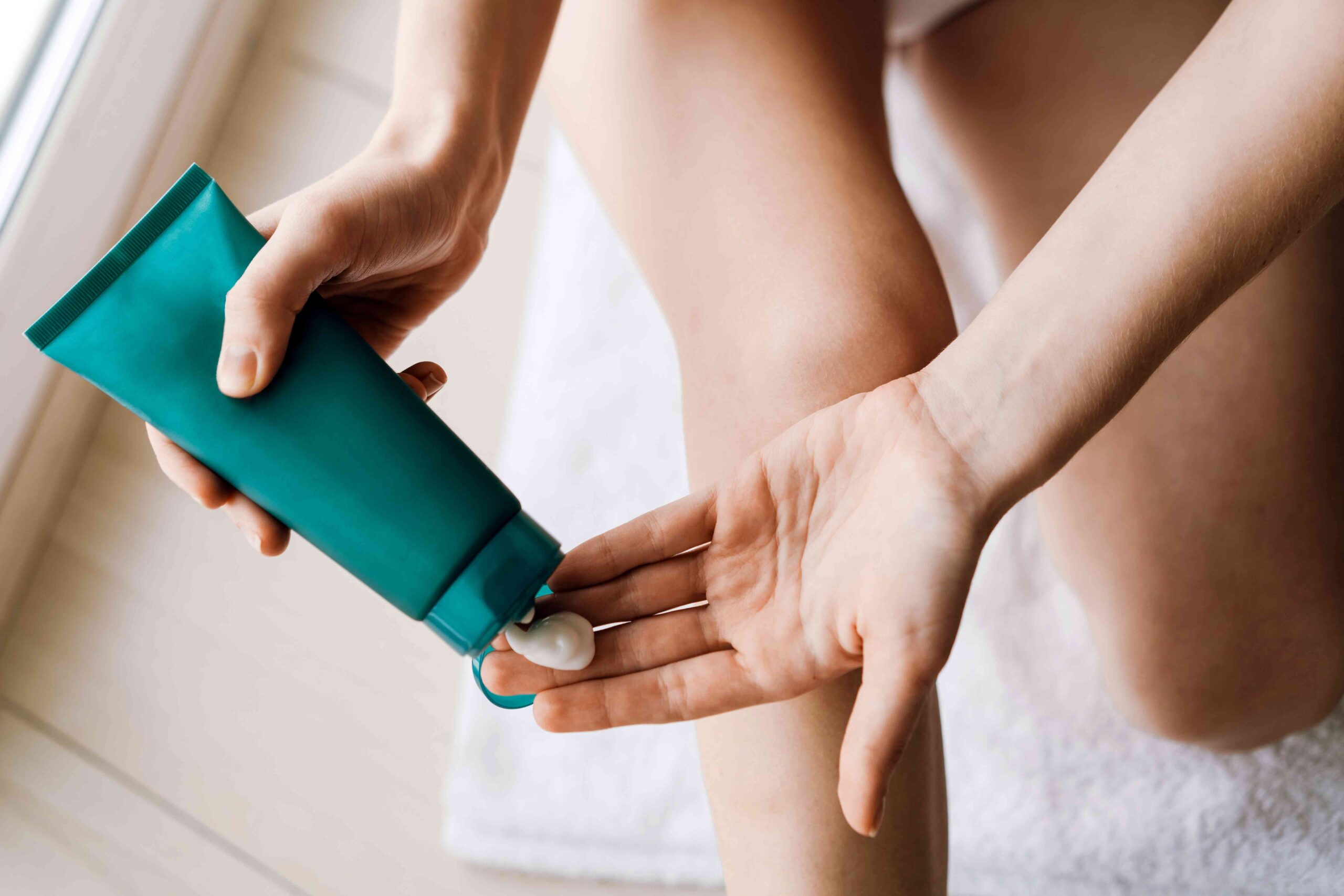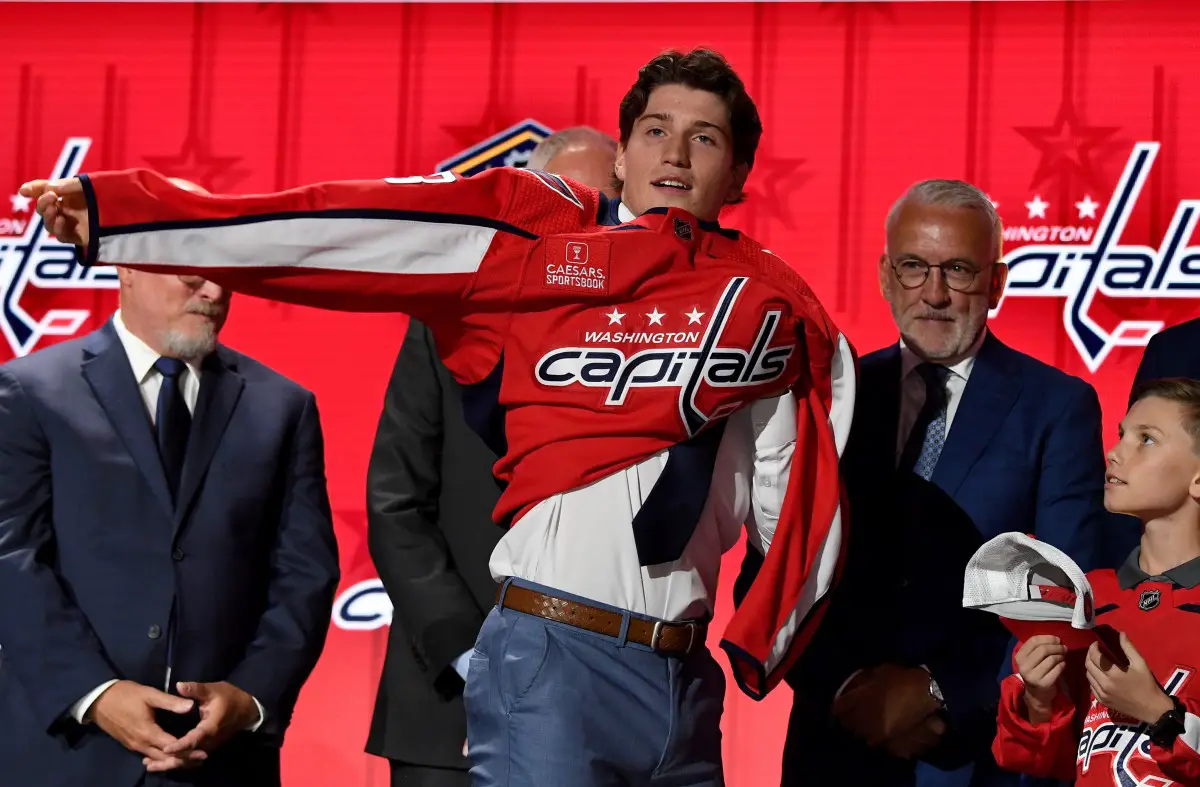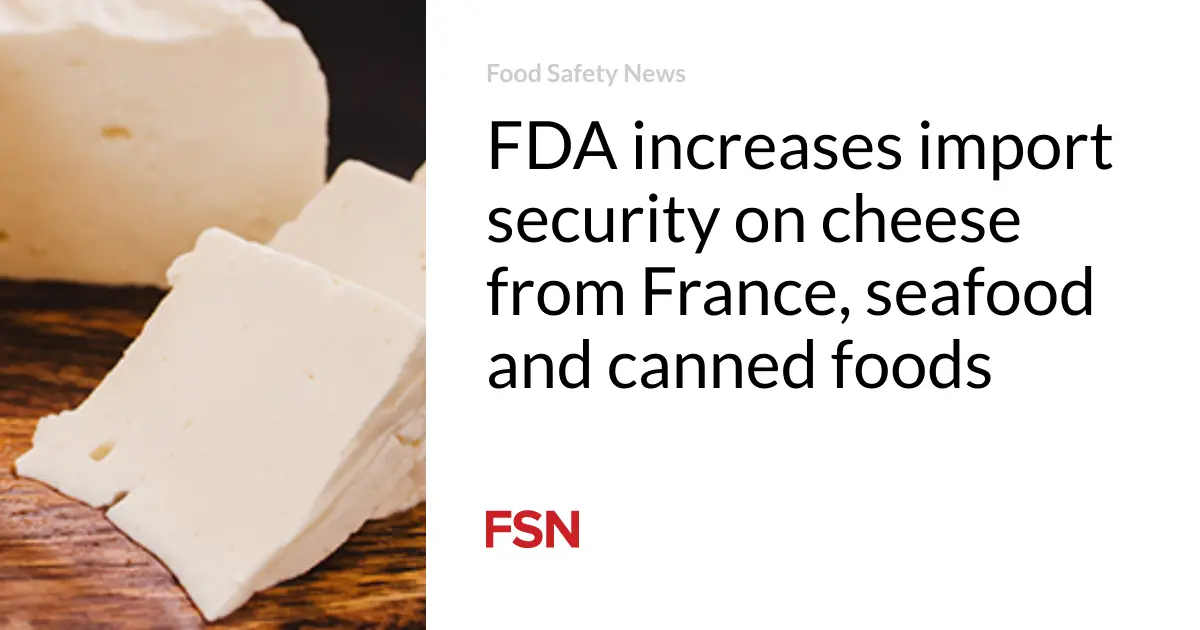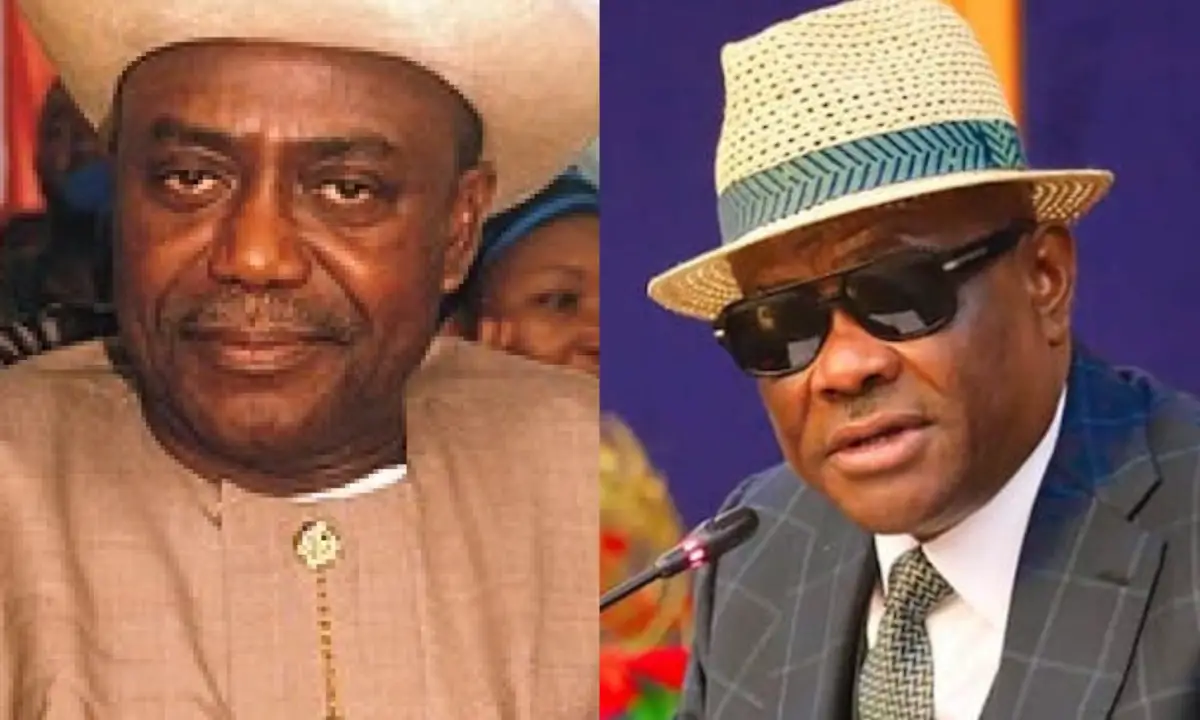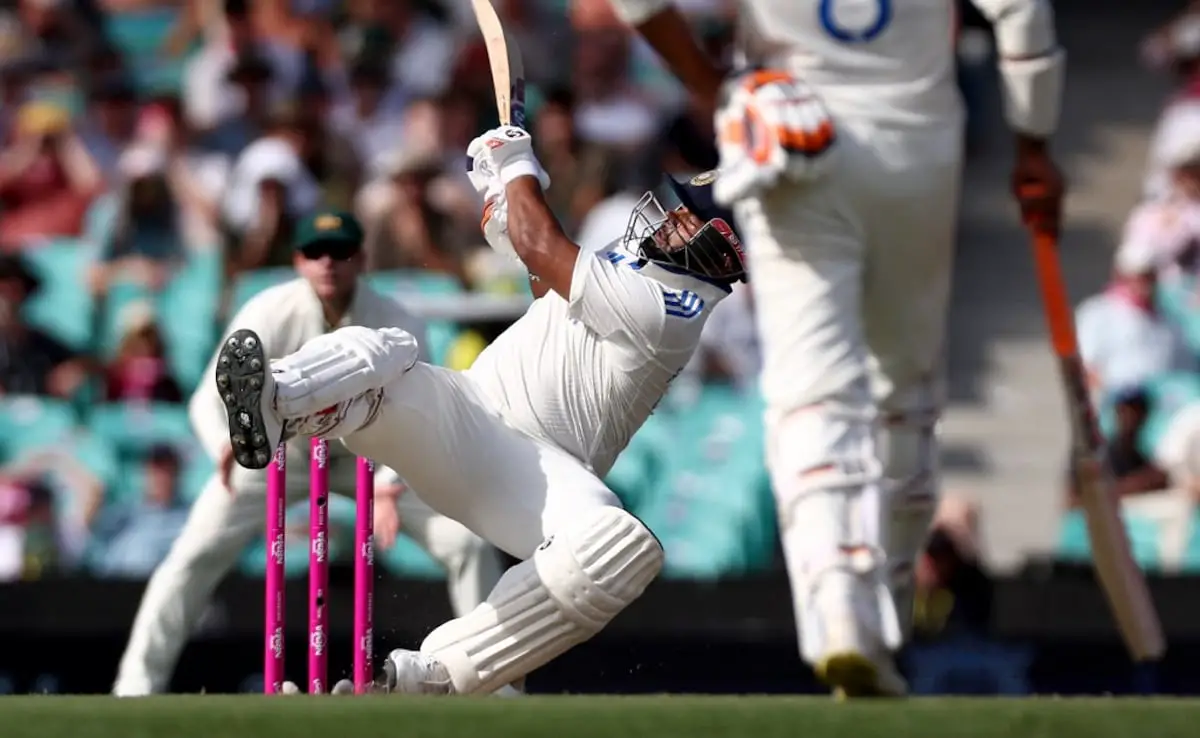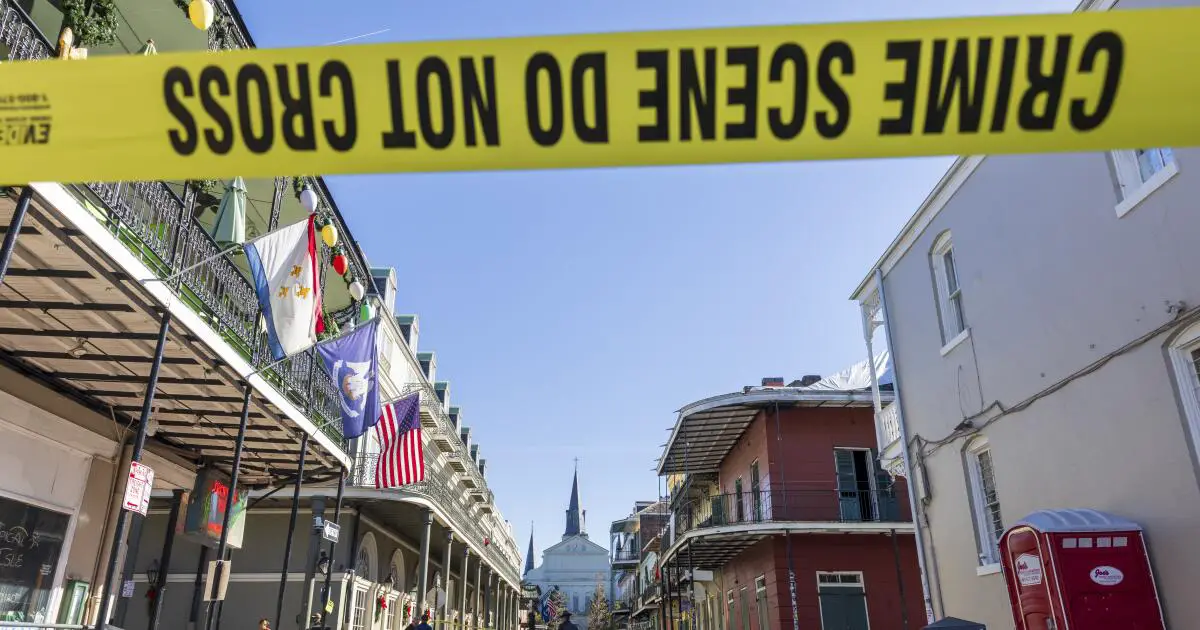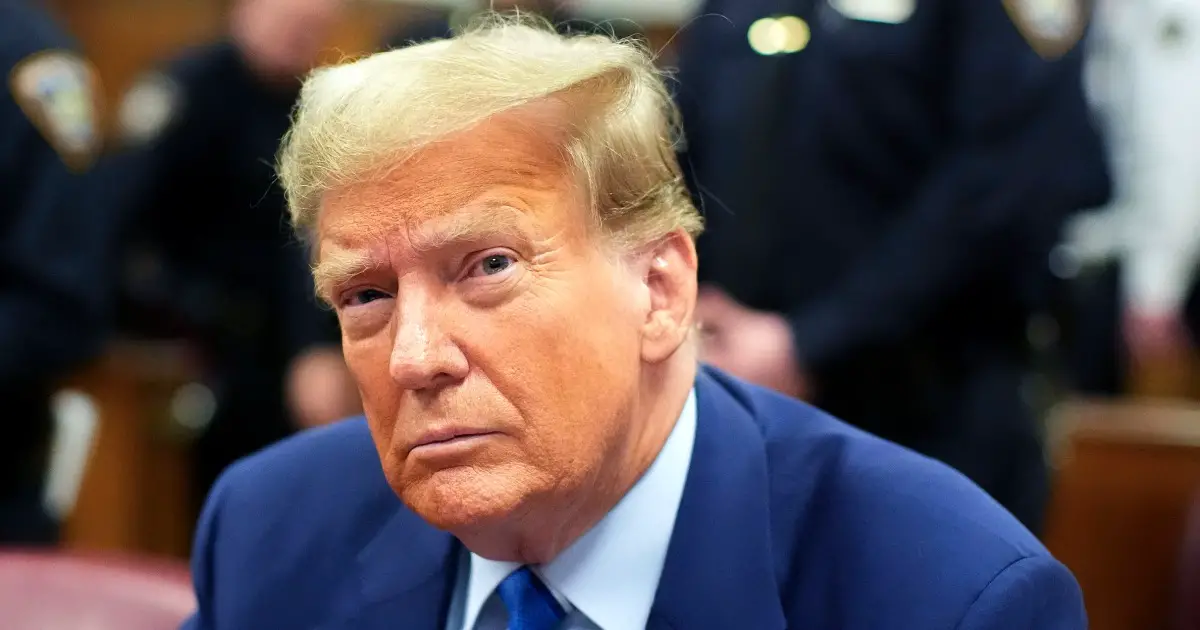

If the prosecution and defense in former President Donald Trump’s hush-money trial can agree on one thing, it’s this: he’s not quite like any other defendant.
He was the most powerful man in the world and wants that job again. His mastery of media — including social platforms — made him known to virtually every American. The the vast majority of them have strong visceral reactions to him — with barely more than a third rating him likable, according to Gallup.
“We may be in an alternate universe because President Trump is known to everybody,” his lawyer Todd Blanche said on Tuesday, the second day of the trial.
Prosecutor Joshua Steinglass echoed him: “Everyone and their mother has an opinion about this case, and what the right outcome should be.”
That presents the court, and its officers, with a conundrum: There may not be 12 eligible jurors in New York — or America, for that matter — who don’t know what they think of Trump.
Incredibly, Judge Juan Merchan had to assess Tuesday whether several jurors’ social media posts about the defendant rendered them unfit to serve. That simply doesn’t happen in many trials.
But this first prosecution of a president, sitting or former, is bringing new precedent after new precedent.
No lawyer has ever had to ask prospective jurors whether they could set aside their personal feelings about a president, sitting or former, to judge whether he’s guilty of a crime. And yet by early afternoon Tuesday, both Blanche and Steinglass had done just that.
“We’re trying to pick a jury that can be fair to both sides,” Steinglass said as he opened the selection — or voire dire — process. “This case has nothing to do with your personal politics … it’s not a referendum on the Trump presidency.”
Blanche pushed a complementary line. He asked possible jurors their opinions of Trump — separate from the trial at hand — to gauge whether they might be too biased to judge the former president fairly. Before a lunch break, the group assured him they could.
When the trial resumed around 2:15 p.m., Blanche was armed with politically charged social media posts by jurors who had promised they could be impartial. Merchan allowed him to call those jurors back to the stand to be asked about the posts.
Some possible jurors were struck for cause. One had posted “lock him up” after a court overturned Trump’s travel ban, the judge said.
Later, one was removed after volunteering, “As much as I would like to serve for New York and one of our great presidents, I cannot serve due to my job. I cannot take off six weeks.”
But Merchan drew a line when Blanche tried to eliminate a juror by pointing to her husband’s account.
“These are posts from over eight years ago, not involving the juror, involving the juror’s husband,” Merchan said, adding that he was reassured “if this is the worst thing that you’re able to find about this juror.”
It was not impossible to find jurors acceptable to both sides. Seven of them were seated by the end of Tuesday’s session. That left six more regular jurors and “about six” alternate jurors left to choose, Merchan said.
That group of a dozen — plus the six reserves — will be charged with the very ordinary task of applying the facts to the law and the extraordinary challenge of ignoring the Trump in the room.

